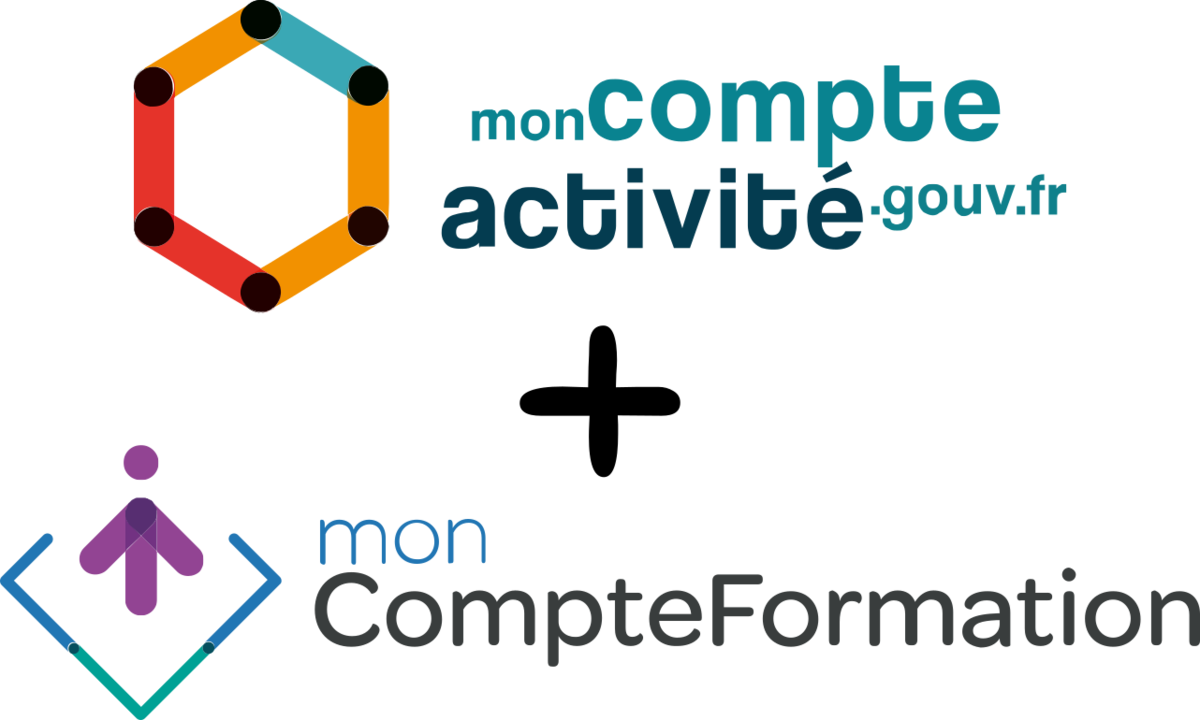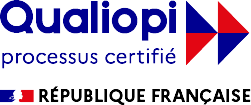Overview
European Mastère in Management and Business Strategy
- Program duration : 2 years
- Teaching format : on campus / hybrid
- Campus : Montpellier
- Accreditation : FEDE’s European Mastère’s degree, bac+5 equivalent, 120 ECTS
- Intakes : October - February - May
- Contact : 09 71 79 31 92 - contact@dec-ecorh.com
Consult the FEDE training sheet
Prerequisite
● Hold a level 6 diploma of the European Qualifications Framework (EQF), enabling the acquisition of 180 ECTS credits
● OR by Validation des Acquis de l'Expérience (VAE) for candidates with at least one year's experience directly related to the European Master's specialization.
● Minimum English level B2
● Pass the recruitment tests
Tuition fees
1st year: €8500
2nd year: €9500 + FEDE national exam fees
Scholarship: a merit-based scholarship is available for students with an excellent academic record.
Validation of training
Students sit the FEDE national exam at the end of their 2nd year of study, leading to a bac+5 diploma guaranteeing 120 European credits (ECTS) upon successful completion.
The "plus" of DECbyecRH courses
- Free, unlimited access to the LinkedIn Learning platform
- Free, personalized support for CISCO training courses
- Courses taught in English and French
- International study environment and hosting of ERASMUS+ groups
Job opportunities
Management and corporate strategy functions in the areas of :
- Human Resources
- Management
- "Business To Business
- Management
- International environment
- Commercial
- Marketing
Training program
Objectives and skills
- Communicating within the company
- Develop external communication
- Use sales management tools
- Draw up business plans
- Master strategic decision-making techniques
- Develop a company activity
- Acquire multi-disciplinary know-how in the company's various economic functions
- Implement internal organization and control tools
- Design and implement marketing, sales and HR strategies
- Analyze the company's managerial environment
- Implement operating and control models
- Lead and manage international teams

1 - General corporate culture
This module enables you to :
- Master the main accounting and financial management tools in order to draw up a financing plan
- Apply knowledge of business law and taxation within the company
- Master the fundamentals of marketing research and strategic marketing: notions of growth, competitive advantages, choice of strategic axes, market potentialities, etc.
- Understand and analyze the challenges of distribution and logistics in order to implement new supply strategies.
- Optimize the company's potential by using the fundamentals of negotiation and sales team management, by drawing up a communication strategy or designing a marketing plan for a specific market
2 - Human resources and organization management
This module enables you to :
- Master management techniques to mobilize employees into an effective team
- Understand interpersonal communication in order to measure and manage conflictual relations
- Organize and define communication methods and tools to guarantee the company's social climate
- Set up a simple, scalable organizational structure
- Develop a corporate culture and know how to use the levers of change: management, structure, systems and culture.
- Use social and economic management tools and implement a quality approach
3 - International environment and corporate strategy
Structured around two modules, this unit enables students to:
- Acquire knowledge of international law in terms of international contracts, intellectual and industrial protection, and anti-trust laws
- Understand the technical aspects of international business, in particular transport, logistics and import-export
- Integrate knowledge of international finance, with particular emphasis on futures markets and credit risks - Understand international marketing and globalization strategies
- Understand the context of the managerial environment
- Acquire a human resources management approach based on internal communication tools
- Understand the different aspects of marketing, upstream and downstream, to develop sales strategies, communication strategies and innovation strategies
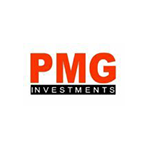


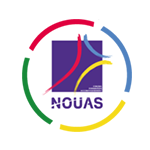
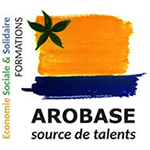

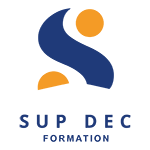
What people say about us




